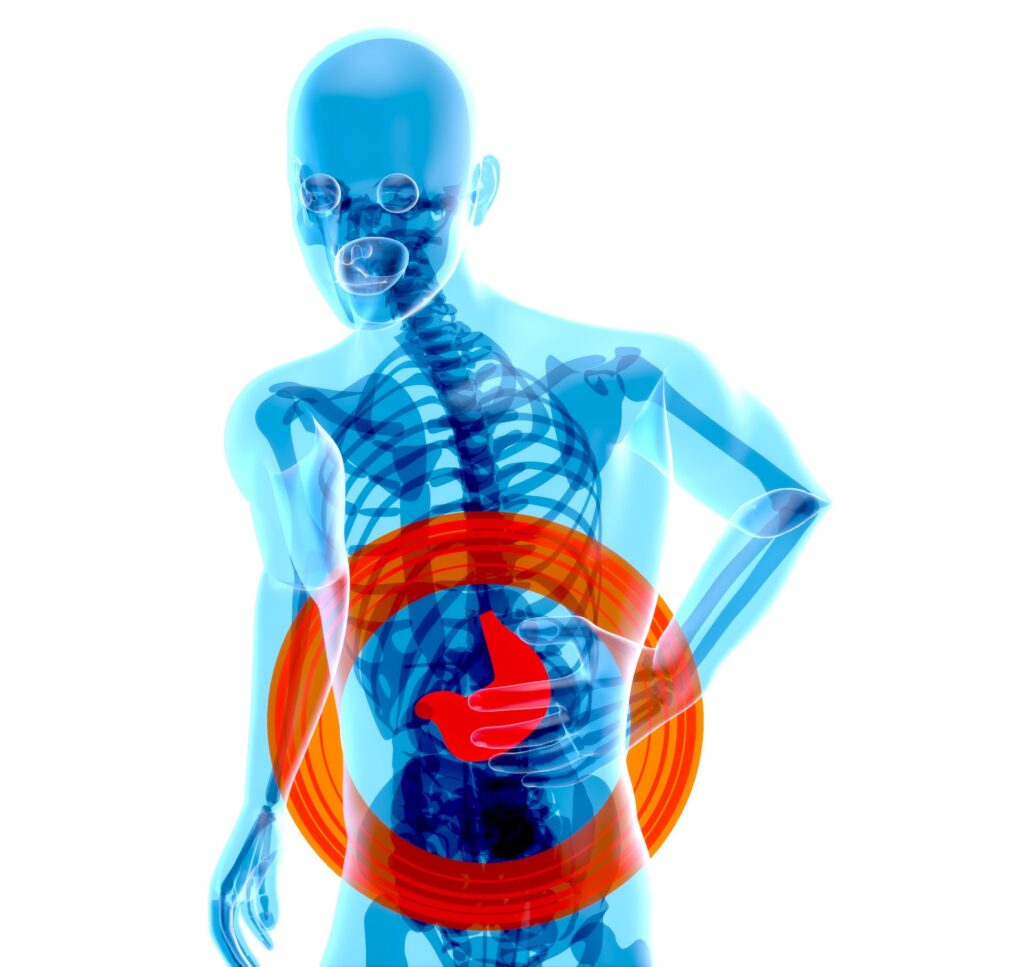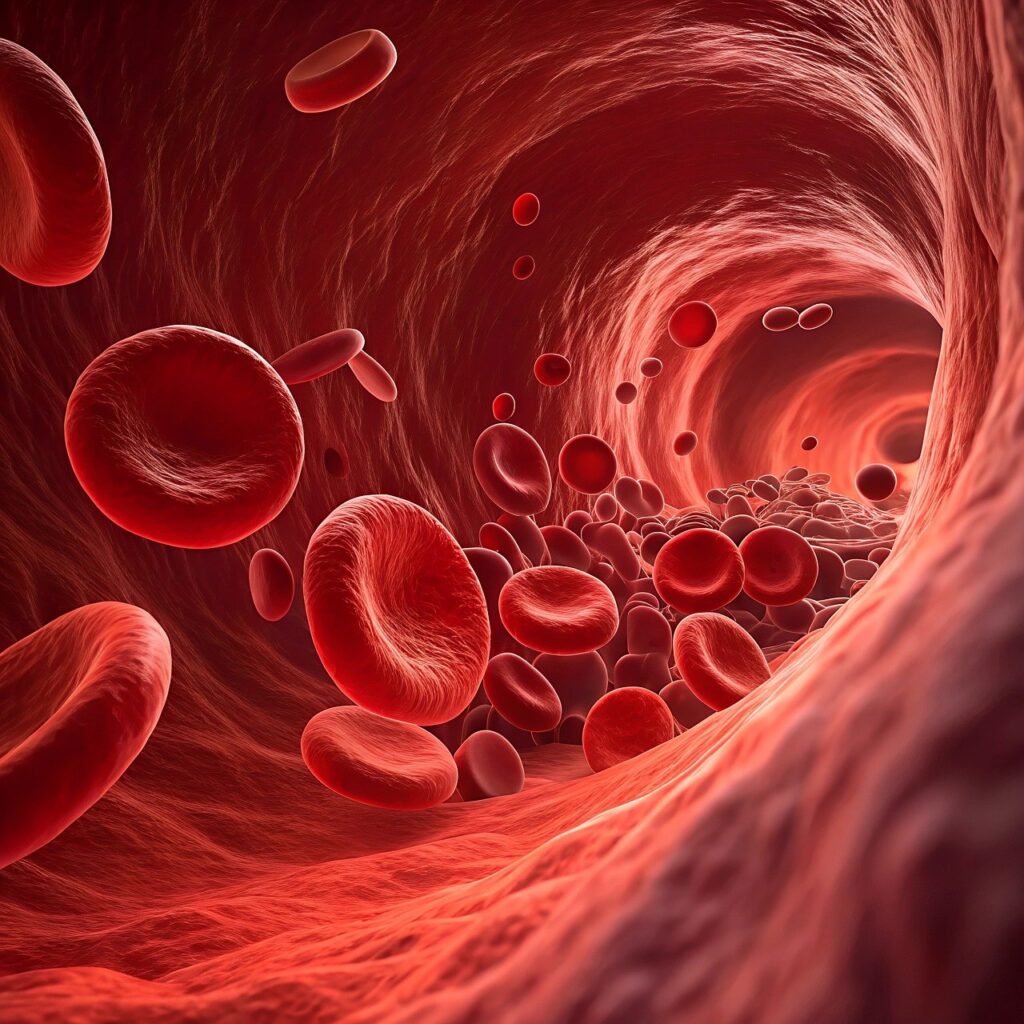A gastroenterologist sees a variety of different issues, from colonoscopy, endoscopy, Barrett’s esophagus treatment, hepatitis, colon cancer screening, and a full spectrum of gastrointestinal illnesses.
Frequently occurring symptoms may be better left to a specialist. Who can effectively diagnose and treat a multitude of disorders related to digestive health.
Here Are a Few Reasons To Schedule A Consultation With A Gastroenterologist.
Abnormal Bowel Movements
 “The normal length of time between bowel movements ranges widely from person to person. Some people have bowel movements several times a day, others only once or twice a week. Going longer than three days without having a bowel movement is too long. After three days, the stool becomes harder and more difficult to pass. Constipation then occurs as bowel movements become difficult or less frequent. If you have constipation for more than two weeks, you should see a doctor so that he or she can determine what the problem is and treat it”, Cleveland Clinic.
“The normal length of time between bowel movements ranges widely from person to person. Some people have bowel movements several times a day, others only once or twice a week. Going longer than three days without having a bowel movement is too long. After three days, the stool becomes harder and more difficult to pass. Constipation then occurs as bowel movements become difficult or less frequent. If you have constipation for more than two weeks, you should see a doctor so that he or she can determine what the problem is and treat it”, Cleveland Clinic.
Constipation: There are a number of reasons why you may be constipated, less than three bowel movements per week.
Diet, hormonal or muscular malfunction, neurological issues, or blockage. To determine the cause, you want to visit a gastroenterologist.
Diarrhea: There are a number of reasons why you may have diarrhea. It could be due to a bacteria or virus, but if it persists it could be a sign of something more serious. Such as a digestive disorder, ulcerative colitis or Crohn’s disease.
Rectal Bleeding
There are several reasons why you may have blood in your stool. Typically, it is an indication your digestive track is bleeding somewhere. It could be from something small like a cut or small tear by an anal fissure or something more serious.
According to the Cleveland Clinic, the color of blood you see can actually indicate where the bleeding might be coming from.
 Bright red blood usually means bleeding that’s low in your colon or rectum.
Bright red blood usually means bleeding that’s low in your colon or rectum.
Dark red or maroon blood can mean that you have bleeding higher in the colon or in the small bowel.
Melena (dark and tar-like stool) often points to bleeding in the stomach, such as bleeding from ulcers.
Sometimes, rectal bleeding isn’t visible to the naked eye and can only be seen through a microscope. This type of bleeding is usually found during a lab test of a stool sample
Frequent Heartburn
Frequent heartburn is more than just annoying and painful, it can be a sign of a serious medical condition. Barrett’s Esophagus, Gastroesophageal Reflux Disease (GERD), or something more serious. Early detection, diagnosis, and treatment can go a long way to recovery.
Abdominal Bloating and Pain
We all may experience the occasional bloating, but if you have bloating and abdominal pain after almost every meal, having painful bowel movements, or it is accompanied by nausea, it is time to tell your doctor for further observation and tests.
Difficulty Swallowing (Dysphagia) or Esophageal Pain
There are a number of reasons why you are experiencing difficulty or pain when swallowing. A Gastroenterologist may do a procedure called an upper endoscopy to determine the cause.
Colon Cancer Screening
This is a preventative measure, typically conducted before symptoms appear. Colorectal cancer usually starts off as precancerous polyps that are detected and then removed during a colonoscopy.
The US Preventive Services Task Force, USPSTF expanded the recommended ages for colorectal cancer screening to 45 to 75 years (previously, it was 50 to 75 years). The USPSTF continues to recommend selectively screening adults aged 76 to 85 years for colorectal cancer.
If you or a loved one has a question about their digestive health, please don’t hesitate to contact Gastroenterology Consultants of Central Florida, we work with you, your primary care physician, and your insurance company to ensure a treatment protocol that is designed to meet your specific needs.
